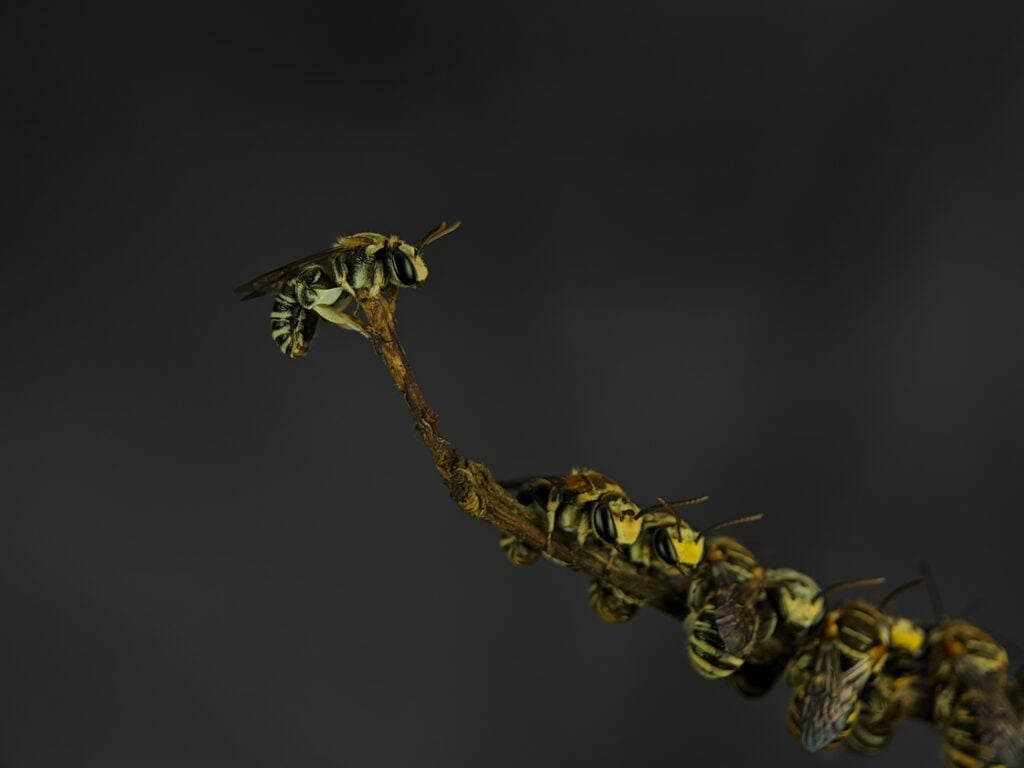FAO holds event about World Bee Day this Friday
The UN Food and Agriculture Organization (FAO) celebrates World Bee Day this Friday (the 20th) with a virtual event: ‘Bee Engaged: celebrating the diversity of bees and beekeeping systems”. The celebration will be open by FAO Director-General QU Dongyu and aims to raise awareness regarding bees diversity importance for sustainable farming systems, as well threats […]

The UN Food and Agriculture Organization (FAO) celebrates World Bee Day this Friday (the 20th) with a virtual event: ‘Bee Engaged: celebrating the diversity of bees and beekeeping systems”.
The celebration will be open by FAO Director-General QU Dongyu and aims to raise awareness regarding bees diversity importance for sustainable farming systems, as well threats they face and their contribution to the environment, livelihoods and food systems.
Beekeeping
The World Bee Day program will feature lectures by experts on bees and pollinators from around the world. Cristiano Menezes, researcher at Embrapa, will represent Brazil.
He will show how stingless bees production is changing habits in Brazil, either in the activity directly, or by those who are raising them as pets or for leisure.
“This FAO event is a great opportunity to show a wonderful job Brazil is doing with meliponiculture and its potential for the future. These insects are already surrounding coffee, strawberries and açaí areas. This is a great proof that we can reconcile agriculture and our biodiversity. This is a sustainable symbol to value for our production”, says Cristiano.
Pollination
Beekeeping is a widespread activity all over the world, with millions of beekeepers and beekeepers depending on bees for their livelihood and well-being.
Along with other wild pollinators, managed bees play an important role in maintaining biodiversity, ensuring the survival and reproduction of many plants, supporting forest regeneration, promoting sustainability and adaptation to climate change, improving the quantity and quality of agricultural productions.

